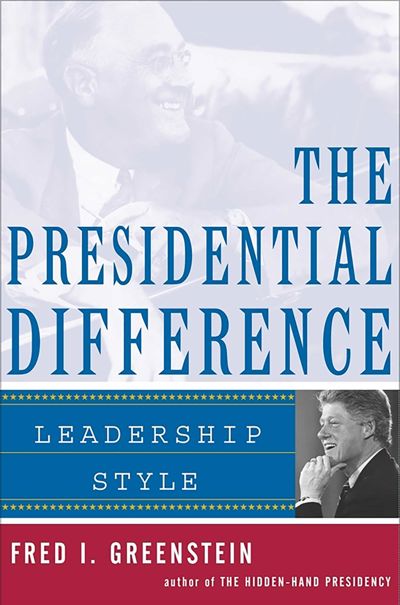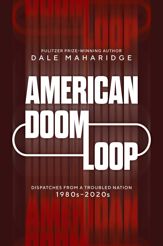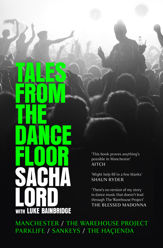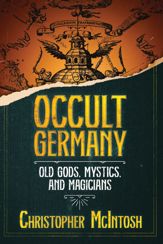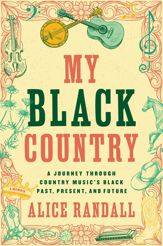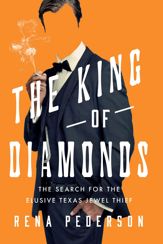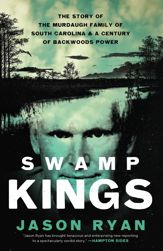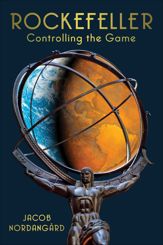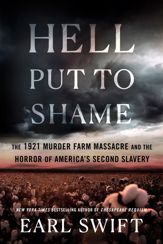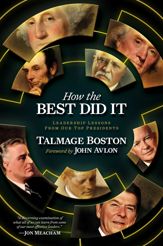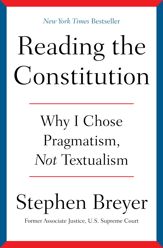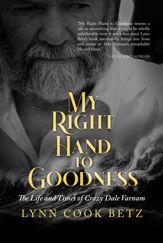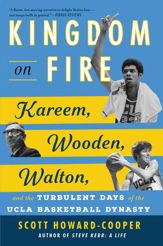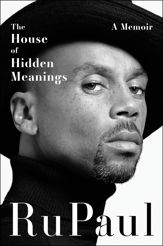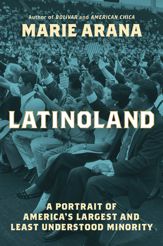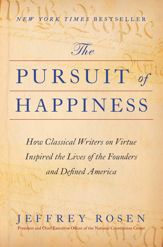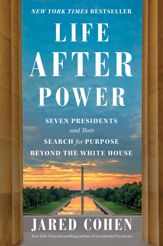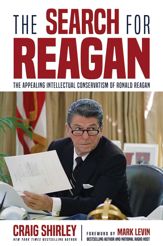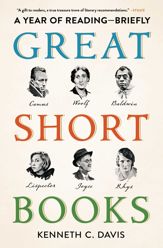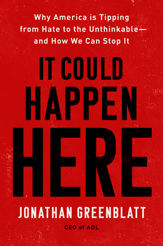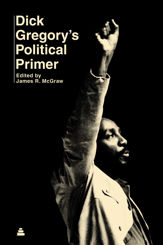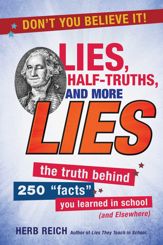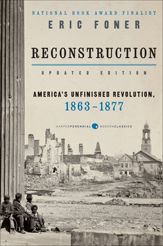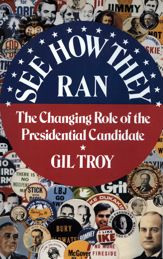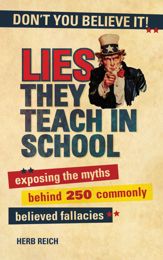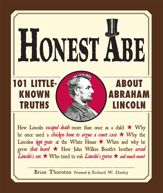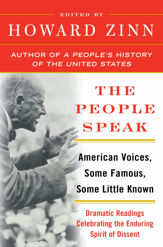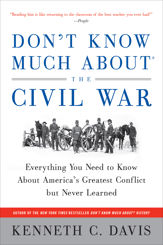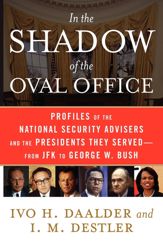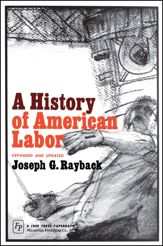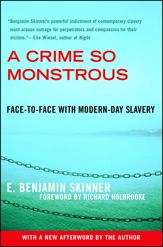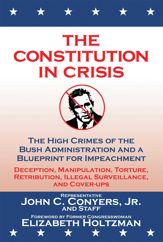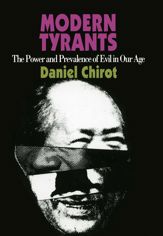Nelson W. Polsby author of Presidential Elections: Contemporary Strategies of American Electoral Politics Scholars and readers of the newspapers alike will welcome this well-informed, carefully reasoned, and fresh overview by one of America's leading authorities on the contemporary presidency. Greenstein here contributes a context that puts the headlines into a meaningful perspective. And it is fun to read.
Description
As Americans choose and install a new president for a new century they could do no better than to read this work by one of our keenest observers of the modern presidency. Drawing on a quarter-century's immersion in the presidential record and scores of interviews, Fred I. Greenstein provides a fascinating and instructive account of the qualities that have served well and poorly in the Oval Office from Franklin D. Roosevelt's first hundred days to the end of the Clinton administration.
Greenstein offers a series of bottom-line judgments on each of his eleven subjects and a bold new explanation of why presidents succeed or fail. Previous analysts have placed their bets on the president's political prowess or personal character. Yet by the first standard, LBJ should have been our greatest president, and by the second the nod would go to Jimmy Carter. Greenstein surveys each president's record in public communication, political skill, vision, cognitive style, and emotional intelligence. He concludes that the last is by far the most important.
According to Greenstein, FDR provides endless positive lessons but is a source of warnings. Truman let his bizarre readings of history lead him astray. Eisenhower was wise but failed to communicate a vision. Kennedy had no vision. Reagan was Carter in reverse. It is Ford who is most unappreciated and genuinely interesting. Ford balanced many conflicting demands, kept his poise, and left the office much stronger than he found it.
Presidents can avoid failure if they are willing to accept the warnings of failures past and act accordingly. But it is not only presidents who should read this book with care. Some flaws cannot be overcome no matter how otherwise talented the man. Only three of Greenstein's eleven modern presidents were "fundamentally free of distracting emotional perturbations." When we choose our presidents, we will do well to listen to Greenstein and "Beware the presidential contender who lacks emotional intelligence. In its absence all else may turn to ashes."
Reviews
Michael Beschloss author of Kennedy and Roosevelt: The Uneasy Alliance At a moment when we must choose the next occupant of the Oval Office, a supreme scholar of the presidency has brought us a fascinating and important work, showing us what skills and characteristics we should search for in the commanding leaders of both past and future.
Hugh Sidey Time The Presidential Difference is a wonderfully concise and instructive book on leadership in the White House. Greenstein has hit the most important point about the presidency -- it is a very personal job. We can talk all we want about laws-not-men and flow charts, but in the end it comes down to the nature of the person who sits in the Oval Office.
Richard Ellis author of Founding the American Presidency The Presidential Difference is ideal for students and citizens alike. It analyzes each president individually while still remaining focused on common traits and recurrent patterns. The presentation is succinct but never simplistic. The writing is clear and the phrases memorable: Dwight Eisenhower as the Clark Kent of the American Presidency, and the Clinton White House as a young children's soccer team: everyone chasing the ball with no sense of position. A wonderfully readable and polished piece of work.
